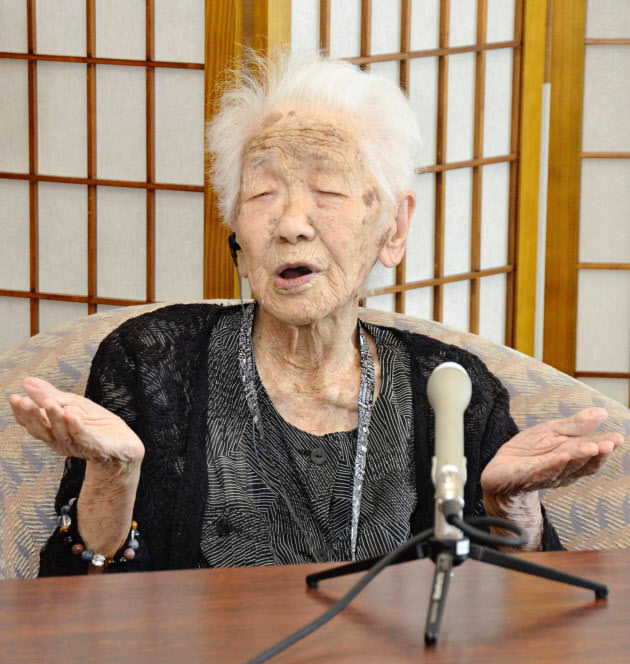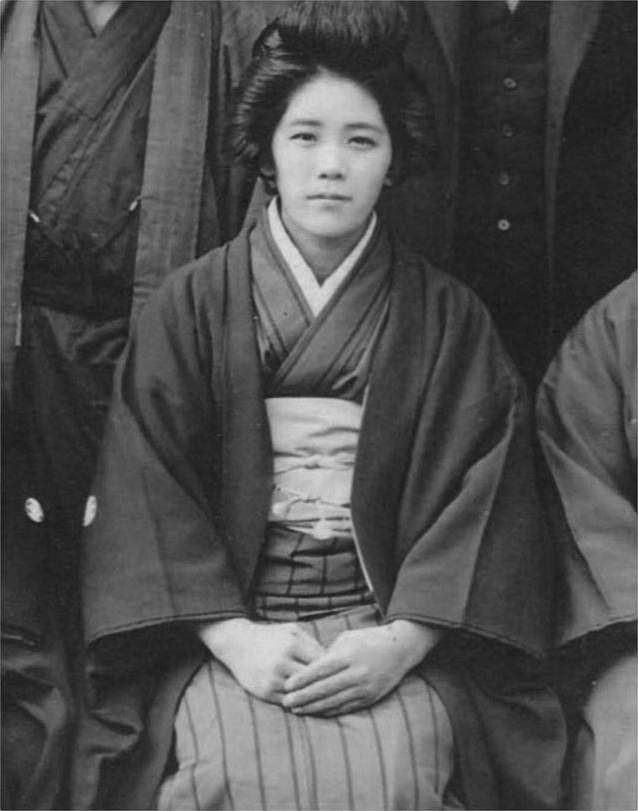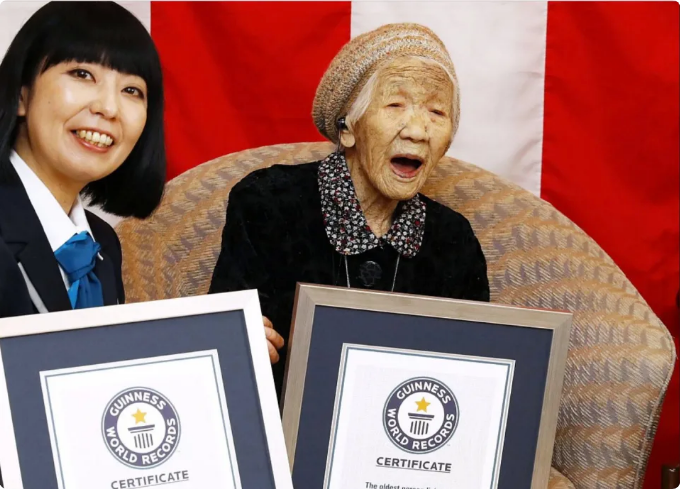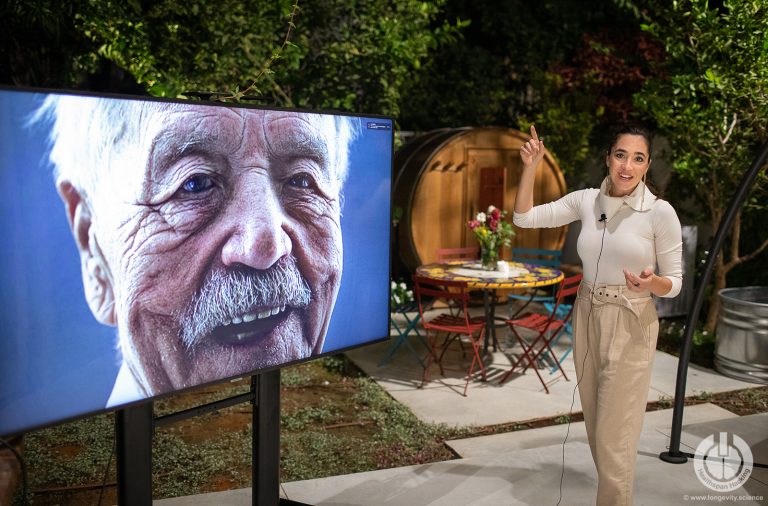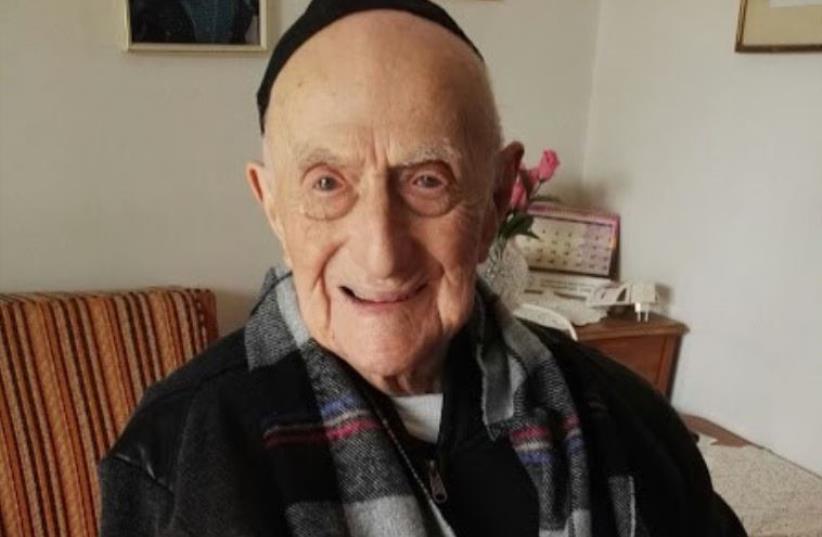For many years, despite ample proof against genetic determinism, the notion that our genes were malleable was considered untenable. The predominant belief was that our genetic blueprint predetermined our fate and that we were powerless to effect change. However, a series of breakthroughs in the field of Epigenetics have shown that we can profoundly influence our genes through our choices, environment, behavior, and even our thoughts and emotions.
In the book “Identically Different,” author Tim Spector expounds on how our genes interact with our environment, suggesting that “Genes are not a preordained fate, but rather, a set of instructions that interplay with our environment to shape who we are.” This implies that while we may inherit certain genes from our parents that predisposition us to certain health conditions, we are far from locked into a predetermined outcome. Instead, our choices and environment play a significant role in determining how those genes are expressed.
Lifestyle choices provide one way that we can impact our genes. Studies have demonstrated that regular exercise can activate genes associated with improved metabolism and cardiovascular health. Similarly, a diet that’s right for you, can upregulate genes responsible for preventing chronic diseases. The lifestyle choices we make can actively modify the way our genes express themselves.
Identically Different: Why You Can Change Your Genes
Our environment, both physical and social, can also affect our genes. One example is the temperature we expose the body to. Research has suggested that cold exposure, such as dipping in ice water, can impact gene expression. In a study published in the journal Cell Metabolism, researchers found that exposing participants to cold temperatures resulted in an increase in the activity of certain genes related to brown fat metabolism, a type of fat that burns energy to produce heat. This increase in gene activity has beneficial effects on metabolism and weight loss. Another environmental example is Exposure to pollutants and toxins.These stressors can trigger alterations in gene expression linked to cancer and heart disease. Conversely, beneficial social factors like supportive relationships can offer a protective effect on our genes.
Our behaviors and habits play a crucial role in gene expression. Smoking, for example, has been shown to induce changes in gene expression that increase the risk of lung cancer. Similarly, chronic stress can activate genes associated with inflammation and accelerated aging.

Perhaps the most surprising means of influencing our genes is through our thoughts and emotions. This is because our thoughts and emotions produce chemicals in our body that can either bolster our health or lead to disease. For example, gratitude and love can activate genes associated with immune function and stress resilience, while fear and anger can activate genes linked to inflammation and other adverse health outcomes.
We have the power to influence how our genes are expressed through the choices we make each day. As Tim Spector notes in “Identically Different,” “We are not passive recipients of our genes but active participants in shaping our biology.” By embracing this concept and assuming responsibility for our health, we can unlock our full potential and live lives brimming with vitality and wellbeing.


